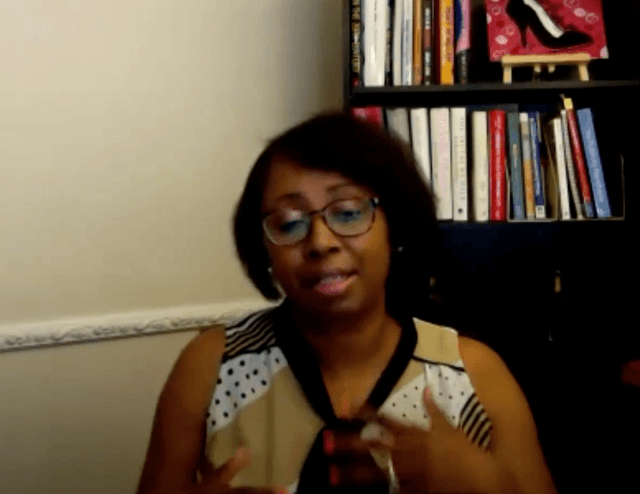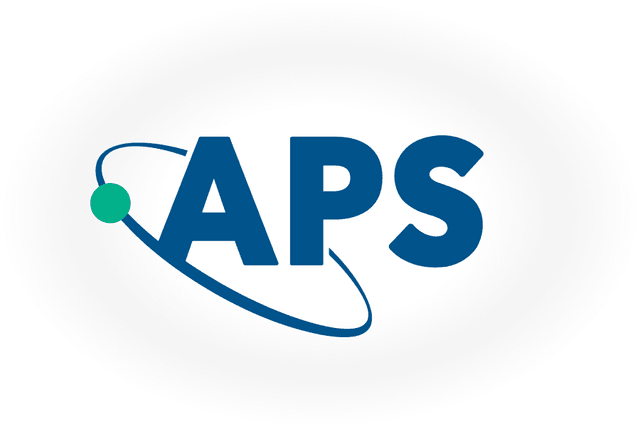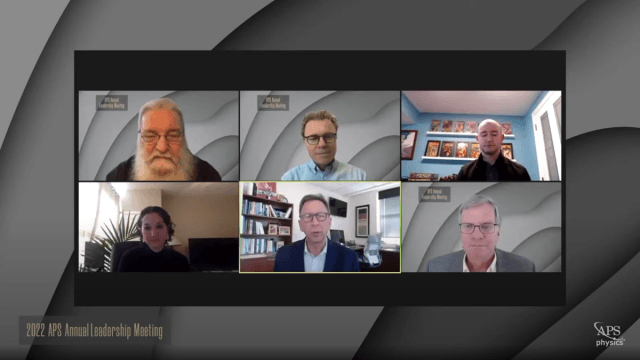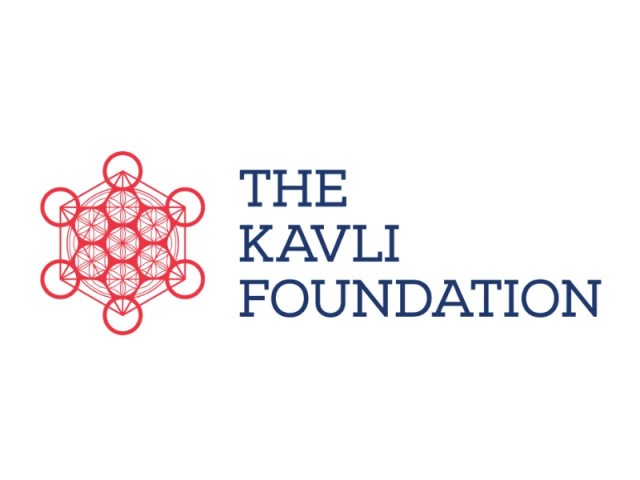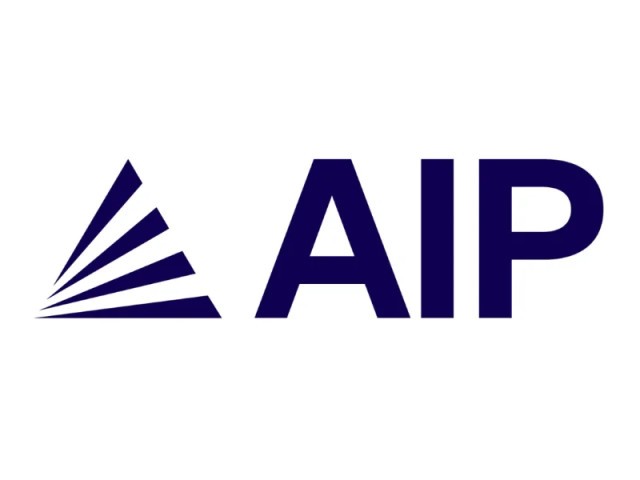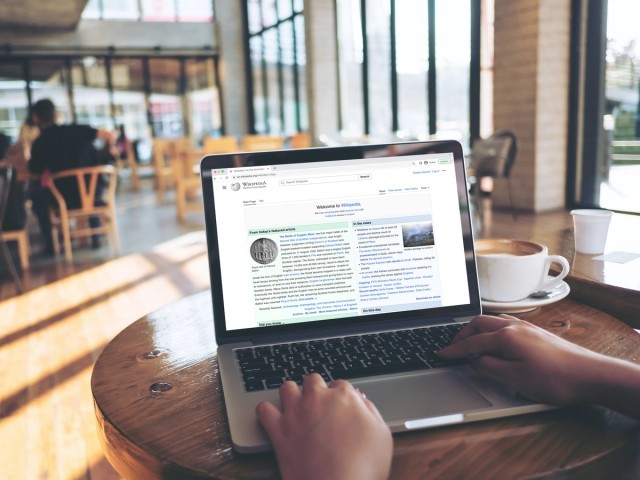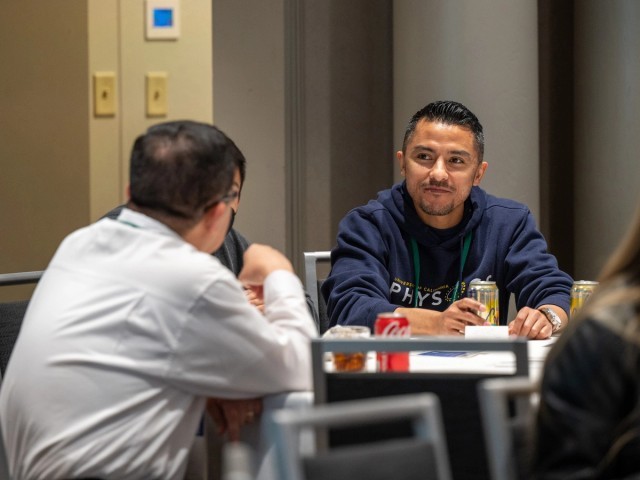Science Trust Project
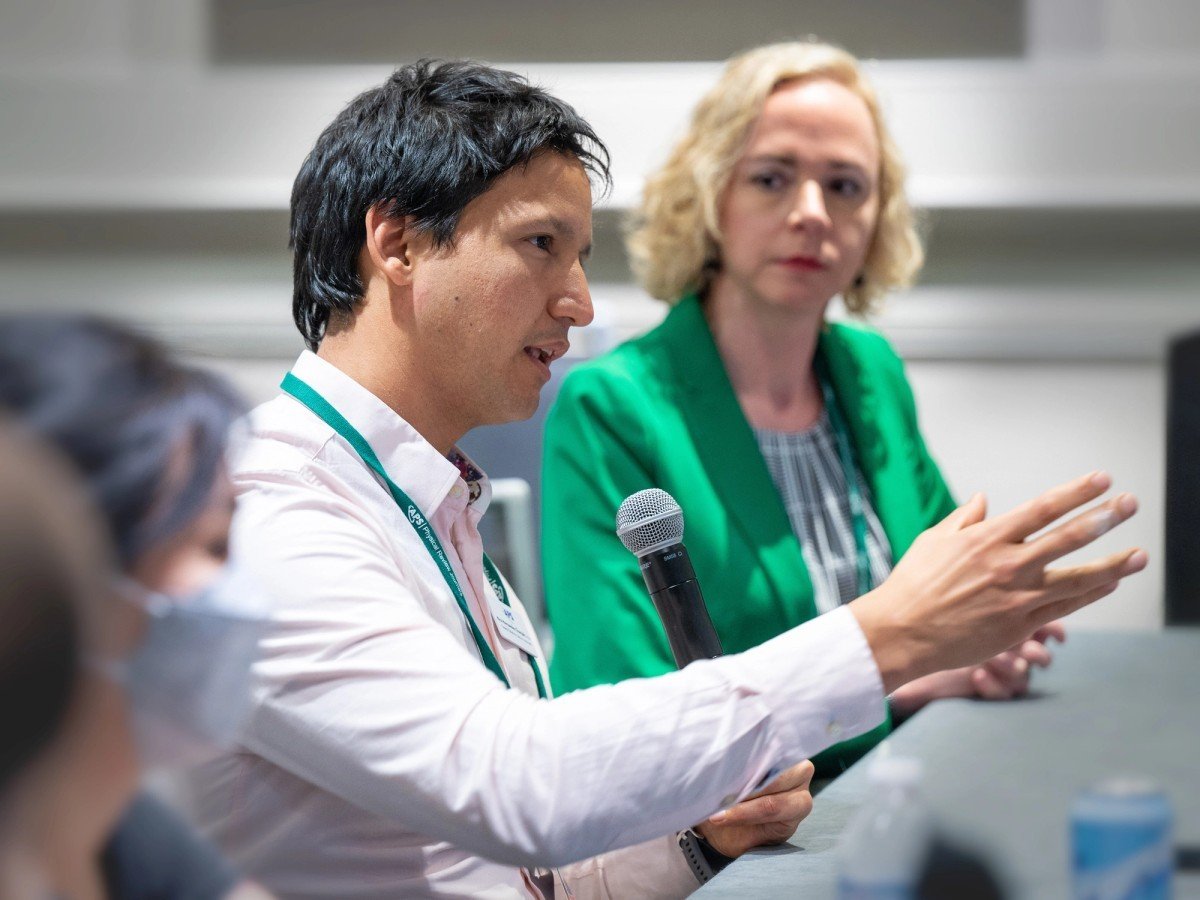
Science Trust Project members are part of a vibrant and engaged community building cutting-edge communication skills to mitigate the spread of misinformation with humility, curiosity, empathy, and facts. We offer webinars, workshops, coffee hours, and opportunities to practice vital skills with a community of scientists engaged in addressing misinformation.
Join our mailing list to learn about events where you can help address misinformation.
Misinformation is a top priority
- 47.5%
of APS members are extremely concerned
- 48.6%
of APS members are fairly concerned
- 82.7%
feel they should play an active role in countering misinformation
Science Trust Project webinars
Join your colleagues to learn more about addressing misinformation and disinformation about science.
Virtual coffee hours
Join us for virtual coffee hours, where you can explore ways to build trust, combat misinformation, and communicate effectively. Coffee hours are your opportunity to participate in expert-led discussions, practice your communication skills, and connect with a community of like-minded individuals.
Resources to address misinformation
Contact
To learn more about the Science Trust Project, please contact the APS Public Engagement team.
